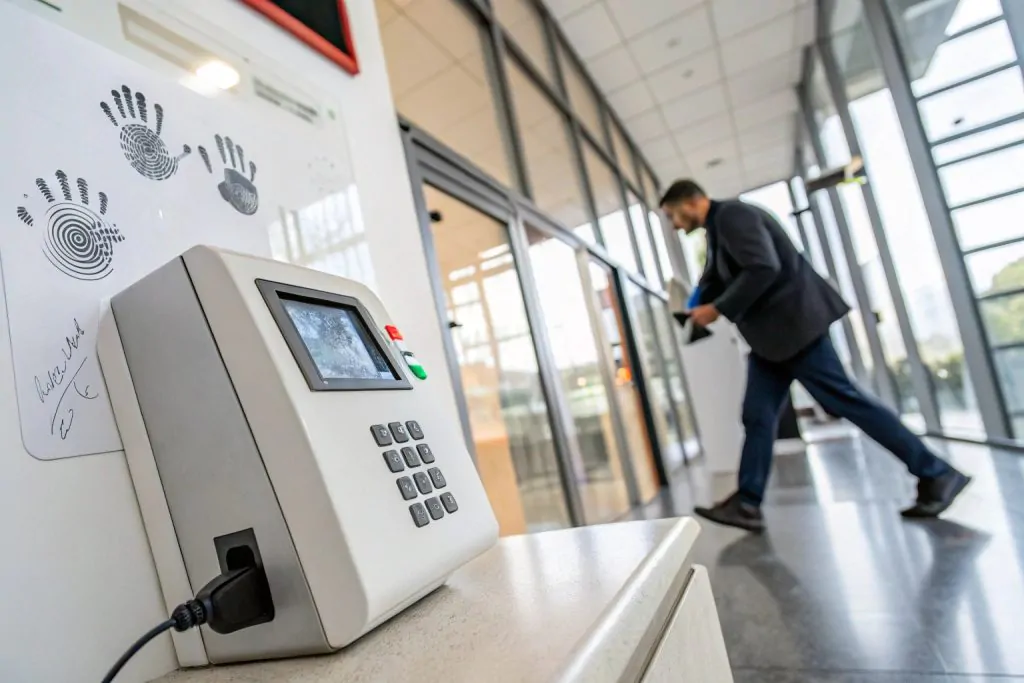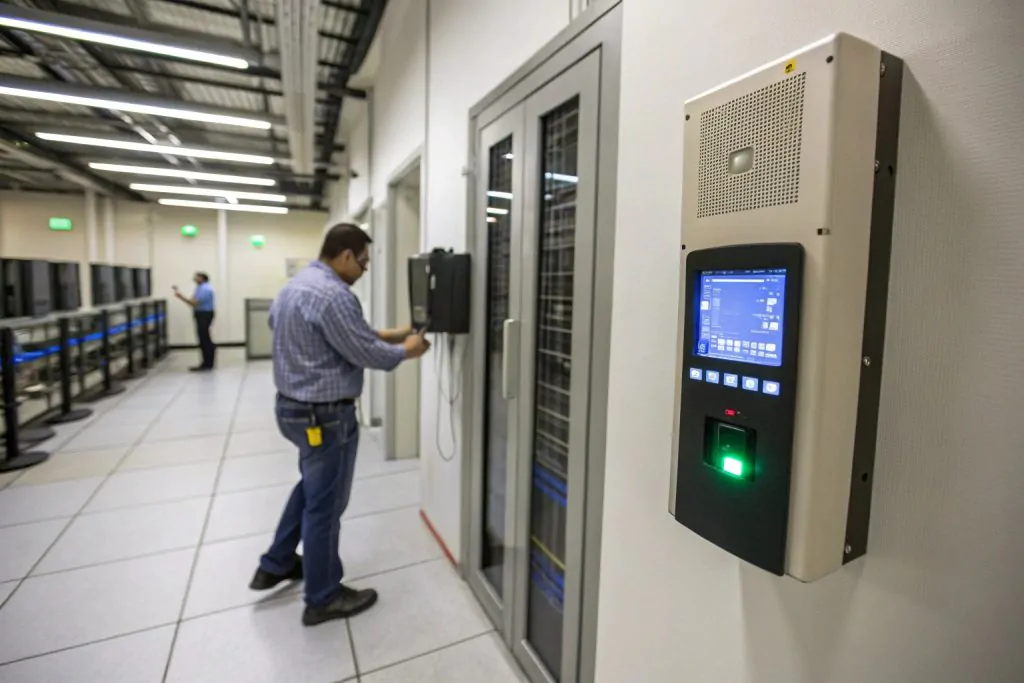
Fingerprint scanners offer both security and convenience. But are they the best solution for your system? Let’s dive into the pros, cons, and how to make the right choice for your needs.
Fingerprint scanners provide high security and convenience but can fail with dirty fingers or in certain conditions. Consider both the pros and cons before integrating them into your system.
You might wonder: are fingerprint scanners really as reliable as they seem, especially in high-security environments? Let’s explore the challenges and strengths of this technology further.
What Are the Disadvantages of Fingerprint Scanners?
Fingerprint scanners are often seen as the pinnacle of security. But are they truly foolproof? Let’s take a closer look at their potential drawbacks.
The main drawbacks of fingerprint scanners include vulnerabilities to smudging, spoofing, and their reliance on physical contact, which can be problematic in certain environments.

When it comes to disadvantages, the most common issue is false rejection—where the system denies access to legitimate users due to dirty or damaged fingers. Additionally, while fingerprint scanners are difficult to spoof, they are not immune. Sophisticated hackers can sometimes bypass them using advanced methods like fake fingerprint models. This is a serious concern in sensitive fields like financial services and government agencies.
It’s also important to note that fingerprint scanners can be expensive to maintain. For example, in large-scale environments like corporate offices or public buildings, installing and maintaining multiple scanners can add up.
Common Fingerprint Scanner Issues:
- Dirty fingers: Prevent proper scanning.
- Spoofing: Although rare, it’s possible with advanced technology.
- Cost: High initial investment and maintenance costs.
What Are the Advantages of Fingerprint Scanners?
Now that we know the potential issues, let’s explore why many industries swear by fingerprint scanners for security.
Fingerprint scanners offer high security, quick access, and are very difficult to replicate, making them ideal for high-stakes environments like financial services or secure buildings.
The primary advantage of fingerprint scanners is their unique, irreplaceable identification. Unlike passwords or ID cards, your fingerprint is something only you can have. In environments like banks or government buildings, this uniqueness makes them an ideal choice for securing sensitive data and areas.
Another benefit is convenience. Users don’t need to remember passwords or carry physical keys. Simply placing a finger on the scanner grants quick access. This is especially beneficial in fast-paced environments like offices, where speed and efficiency are important.
Benefits:
- Security: Hard to replicate or steal.
- Convenience: No need for passwords or cards.
- Speed: Quick access for users.
How Do Fingerprint Scanners Work in High-Security Areas?
In high-security environments, the stakes are even higher. How do fingerprint scanners measure up when it comes to protecting sensitive data?
In high-security areas, fingerprint scanners provide critical layers of security. They offer both fast access and ensure that only authorized individuals are granted access to restricted areas.

In areas like data centers or research facilities, fingerprint scanners play a vital role in keeping unauthorized personnel out. These places rely on advanced biometric technology, including fingerprint analysis, to prevent potential threats. For example, in financial institutions, the risk of fraud is minimized by requiring employees to scan their fingerprints before accessing sensitive client data.
In fact, some multi-factor authentication systems combine fingerprint scanning with other methods (like PINs or keycards) to create an even more secure solution. This is especially useful when dealing with high-risk assets, such as intellectual property or classified information.
High-Security Benefits:
- Multi-layered security: Combines biometrics with other verification methods.
- Prevents unauthorized access: Vital in protecting sensitive locations.
- Quick yet secure access: Ideal for environments needing both speed and security.
Should You Invest in Fingerprint Scanners for Your Business?
Are fingerprint scanners worth the investment for your business? Let’s look at the practical considerations you should take into account before implementing them.
Investing in fingerprint scanners can be a smart move for businesses needing high security and fast access. However, they come with initial costs and may require regular maintenance.
Before investing in fingerprint scanners, consider your business’s specific needs. If you’re operating in a high-security industry, like finance or government, the benefits of using fingerprint scanners far outweigh the costs. They offer a level of protection that traditional methods (such as keycards or passwords) simply can’t match.
On the other hand, if your business is smaller or doesn’t deal with sensitive information, the costs may not justify the benefits. In this case, other solutions, like smart cards or PIN-based systems, could provide adequate protection at a lower cost.
Key Considerations:
- Industry needs: High-risk industries benefit the most.
- Costs: Evaluate both upfront and ongoing maintenance costs.
- Alternatives: Consider other security methods for smaller businesses.
Conclusion
Fingerprint scanners are a reliable security solution but aren’t without their challenges. Whether or not they’re the right choice for your business depends on your security needs and budget.



